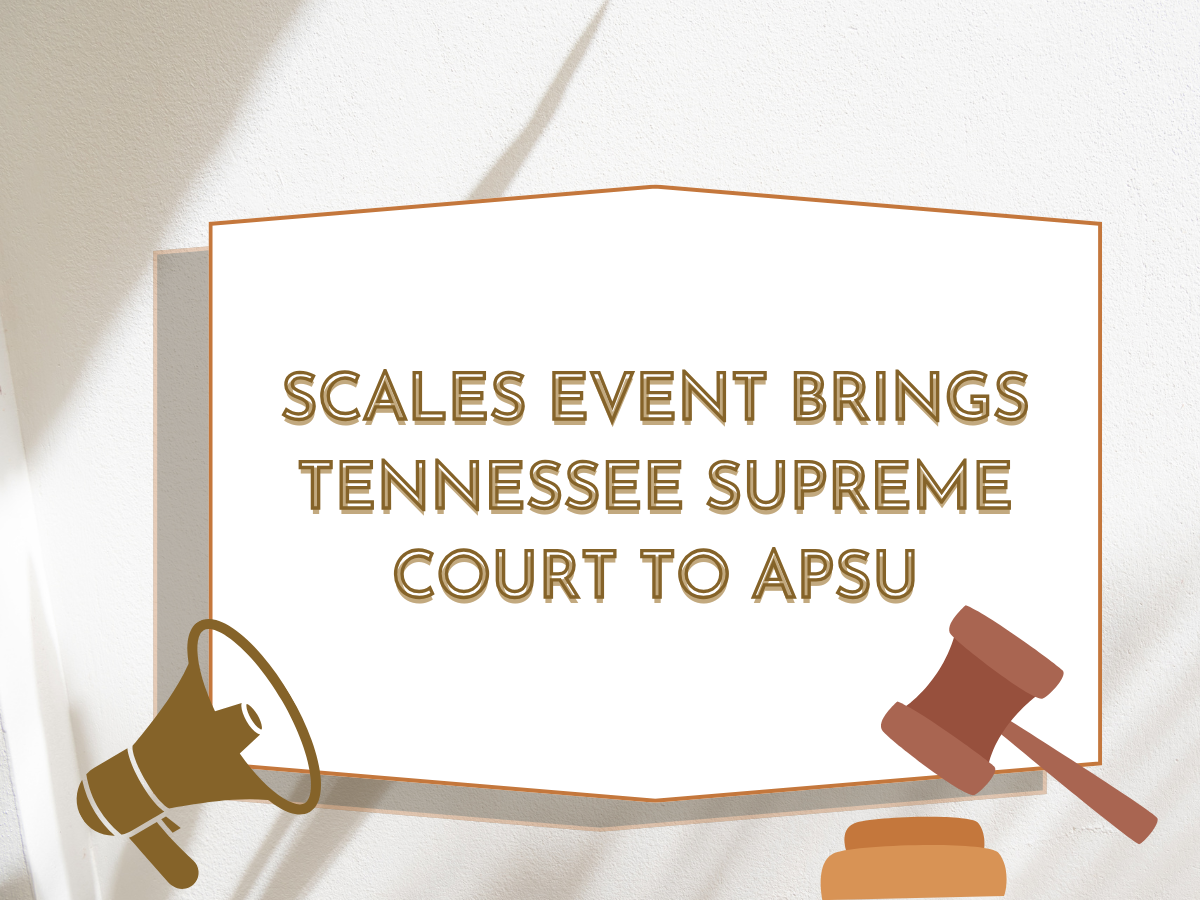Last week, Facebook CEO Mark Zuckerberg testified in front of Congress for 10 hours in response to the Cambridge Analytica Data Scandal.
It all started in 2014 when 270,000 people participated in a personality quiz on an app called This is Your Digital Life, according to a CNN article.
When taking this quiz, people were unaware that they were giving personal information like birthdays, liked pages, and even private messages through a “read_mailbox” permission according to a Wired article. Even more, the quiz accessed data of the participants Facebook friends.
In the end Cambridge Analtyica, a political data firm in the UK that supported Donald Trump during the election, accessed the data of 87 million people. Affected users should have received a message from Facebook.
The firm has ties to the Trump administration. Cambridge Analytica officials reportedly claimed they helped the president win the election, according to CNN. Former White House Strategist Steve Bannon helped create Cambridge Analytica with billionaire Robert Mercer.
According to a 2015 The Guardian article, Ted Cruz’s campaign team used Cambridge Analytica and the “psychological data” it collected on U.S. citizens in an attempt to boost his campaign.
A NYTimes article stated that the 2012 Obama campaign used a similar Facebook feature to gather data. The difference being that the Obama campaign app made clear its intentions to support Obama’s candidacy, and the Cambridge Analytica study presented itself as a “personality quiz for academic purposes.”
Zuckerberg apologized for the scandal and answered 600 questions across two days in congressional hearings. The company was criticized for failure to protect user data and because it lets advertisers target users through user-provided information such as gender, age and interests.
Some users decided to delete Facebook after the scandal came to light. However, even if a user permanently deletes his or her account, it can take 90 days for Facebook to delete photos and posts off of its servers. If other parties collected data from the account previously, they still have access to it even when it is permanently deleted, according to CNN.
Freshman computer science and web design major Nicholas Todd Young said he was not surprised by the Facebook news.
“Data collection is the main way these companies make business. Google, Facebook, Twitter, anything that’s anyway related to social media or search engines, that’s how they make money,” Young said.
Young said he had been concerned about Facebook’s data usage before the scandal.
“I’ve worried about it for a lot longer than some people. People just recently realized ‘Oh! All our data’s out there.’ They really should have realized that sooner,” Young said. “That’s how they make money. It’s a free system, but it’s making this much money.”
Young said he did not receive the message that his data was used by the study. The scandal did however move him to delete his profile.
“Oh yeah, I’ve deleted Facebook. Immediately. Like I knew they were selling data, and I assumed it was fine, but no. This has gone too far at this point,” Young said.
Young said that internet security is important to him.
“Some things need to be known at least by the government, but private companies shouldn’t have access to everything you do and know on the computer,” Young said.
The role of politicians in the scandal did not concern Young as much as the role Facebook had.
“It’s good to know your audience and where you might be able to get good votes in,” Young said. “Im more concerned about private companies getting the data and doing whatever they want with it.”
Sophomore psychology major Amelia Dicus currently uses Facebook, Tumblr, Instagram and Snapchat. She was also not surprised by the news.
“Facebook is creepy as it is, so I try my best not to put very much information out about myself, because I don’t trust a lot of the social media things,” Dicus said.
Dicus said she will be more cautious on social media from now on.
“It will definitely ensure that I will keep my privacy, and not overuse social media,” Dicus said. “I don’t want everyone knowing about me.”
The political aspect of the data use did concern Dicus.
“Politicians will try their best to appeal to certain populations and use their influence to sway voters opinions in one way or another through biased information,” Dicus said.
While Congress and Facebook users expressed disappointment in the company’s actions, overall, the scandal may not have hurt Facebook much. According to MarketWatch about “20,000 more people than usual” have deleted Facebook over since the scandal broke, which has little effect on Facebook’s revenue.
However Goldman Sachs believes that new European privacy regulations may make Facebook’s revenue drop 7 percent.







